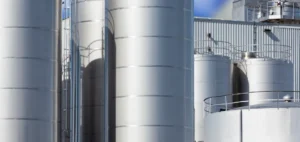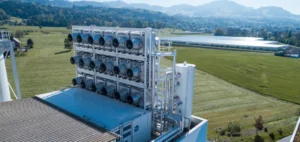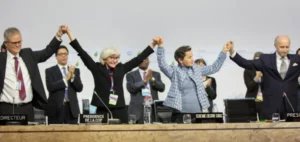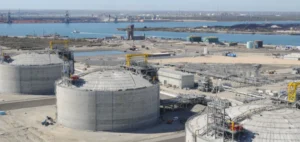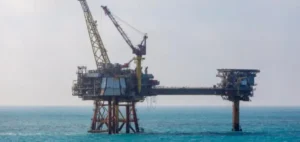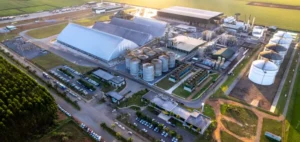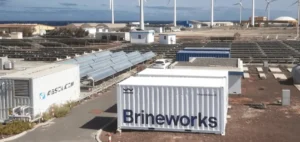Japan’s Ministry of Economy, Trade and Industry signed a cooperation protocol with Malaysia’s Ministry of Economy to lay the regulatory groundwork for a future bilateral framework on carbon capture and storage (CCS). The protocol aims to explore legal and technical conditions for cross-border carbon dioxide transport, a necessary step in developing a functional value chain between the two countries.
A non-binding protocol under the London Protocol
Signed by Japanese Minister Yoji Muto and Malaysian Finance Minister II Amir Hamzah Azizan, the protocol does not constitute a legally binding agreement. It does not meet the requirements of the London Protocol, an international treaty ratified by Japan that governs the transport of waste at sea, including carbon dioxide. However, it marks the start of official discussions on regulatory responsibilities and operational conditions required to implement cross-border projects.
The two ministries will establish a joint committee tasked with conducting discussions on regulation, technical standards and cooperation in CO2 transport. This initiative comes as Malaysia currently hosts three of the four foreign CCS projects supported by Japan, within a programme aiming to store up to 20 million tonnes of CO2 annually by 2030.
Pilot transport project to Australia under review
Separately, INPEX Corporation signed a new agreement with Chubu Electric Power to continue their joint study of a CCS value chain linking the Port of Nagoya in Japan to a storage site in Australia. The project includes CO2 capture, maritime transport and subsea injection. The companies are examining legal implications in Japan and Australia to identify the regulatory requirements necessary to implement the system.
The project builds on the greenhouse gas storage assessment permit awarded in 2022 to INPEX and its partners in the Bonaparte Basin, off northern Australia. The Bonaparte CCS project, in which INPEX holds 53 %, alongside TotalEnergies CCS Australia (26 %) and Woodside Energy (21 %), plans to reach an injection capacity of over 10 million tonnes per year from 2030 onward.
Prospects for regional expansion
According to Japan’s ministry, Indonesia and Australia are not excluded from ongoing discussions, suggesting a possible expansion of the cooperation model. The stated objective remains to construct a robust regulatory base for cross-border CCS, aligned with international obligations and adapted to the technical demands of the sector.
The protocol was signed on the sidelines of the Asia Zero Emission Community (AZEC) ministerial meeting, where all eleven member countries reaffirmed their intention to strengthen regional cooperation on energy transition and carbon storage infrastructure.












